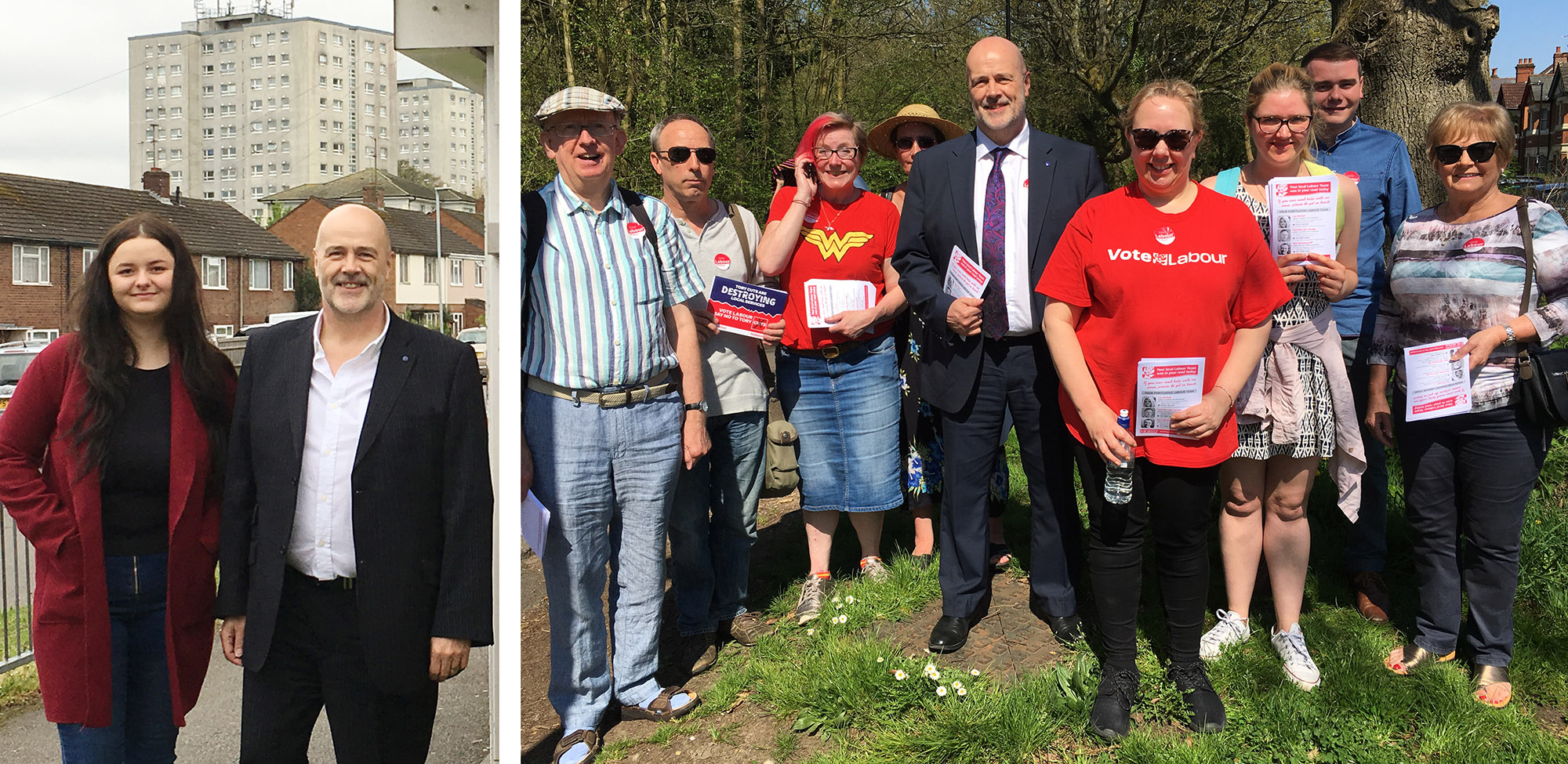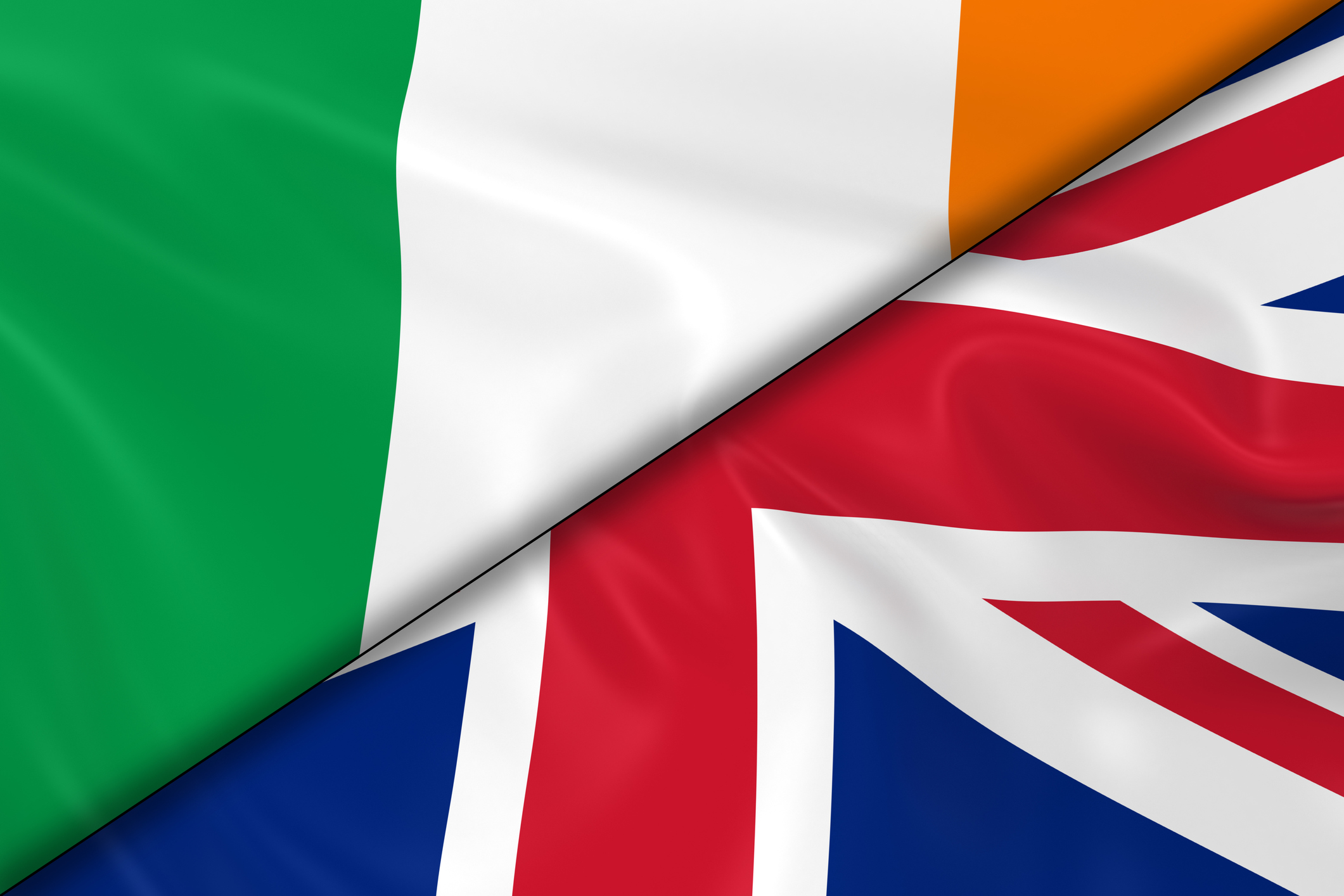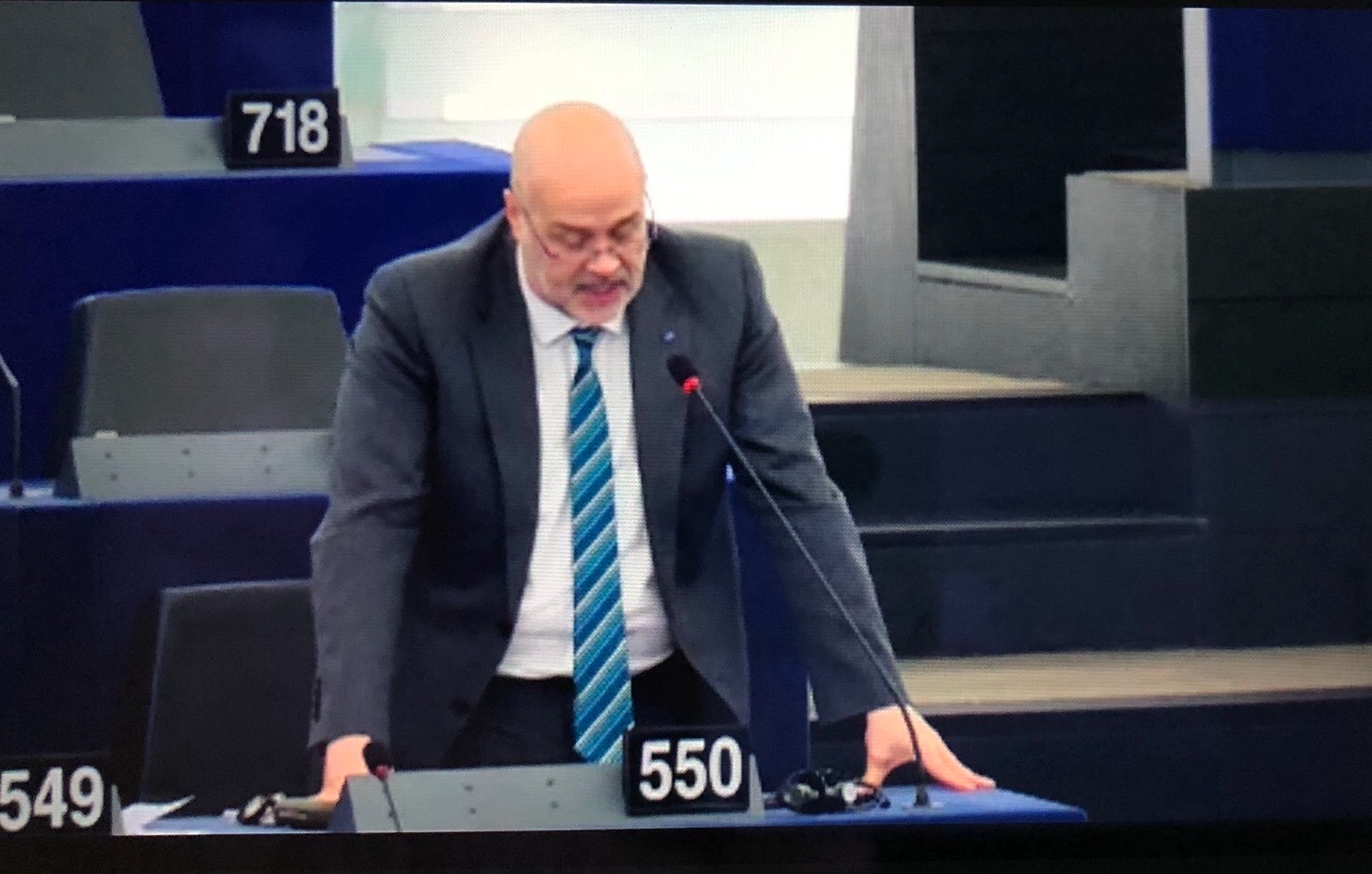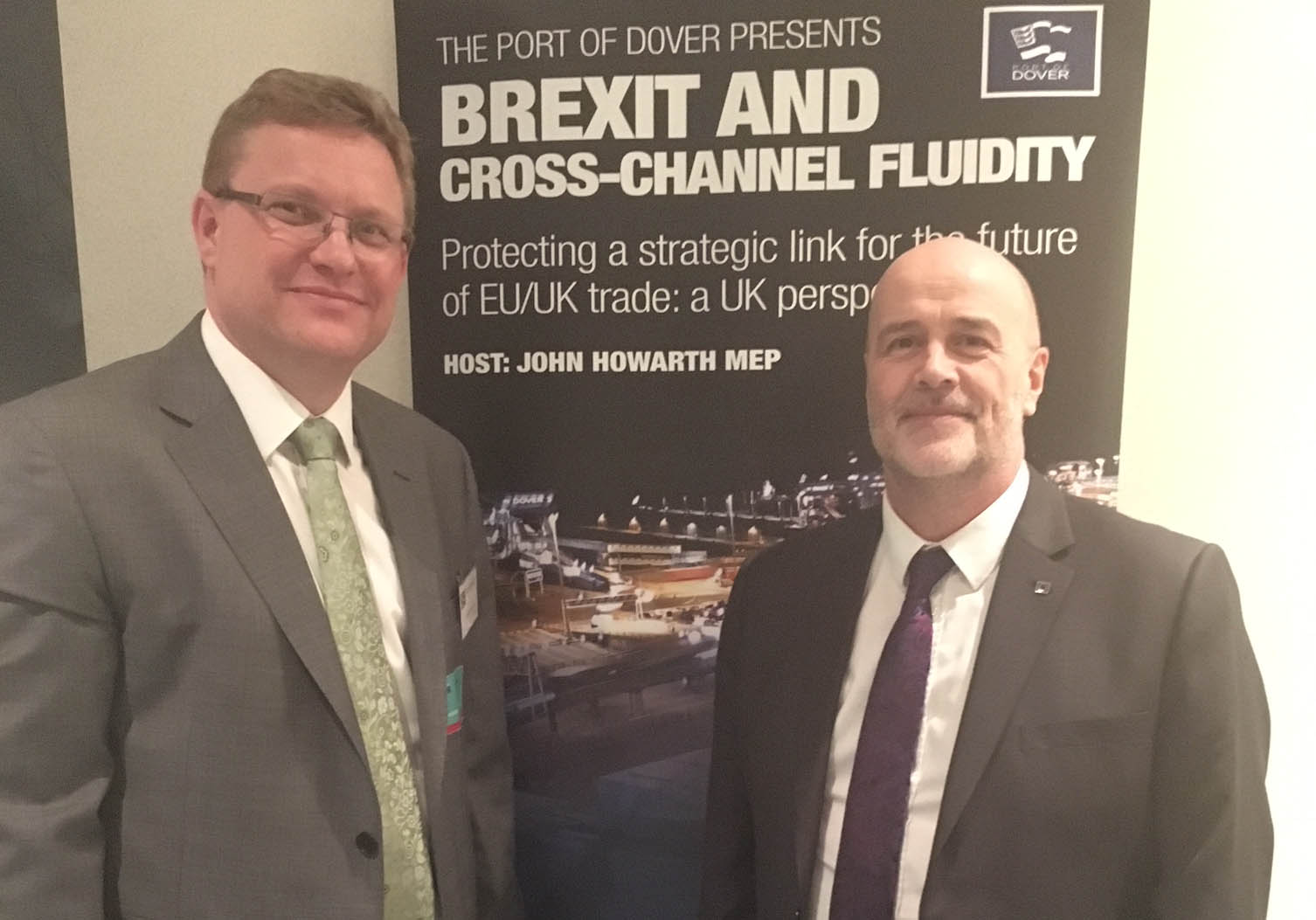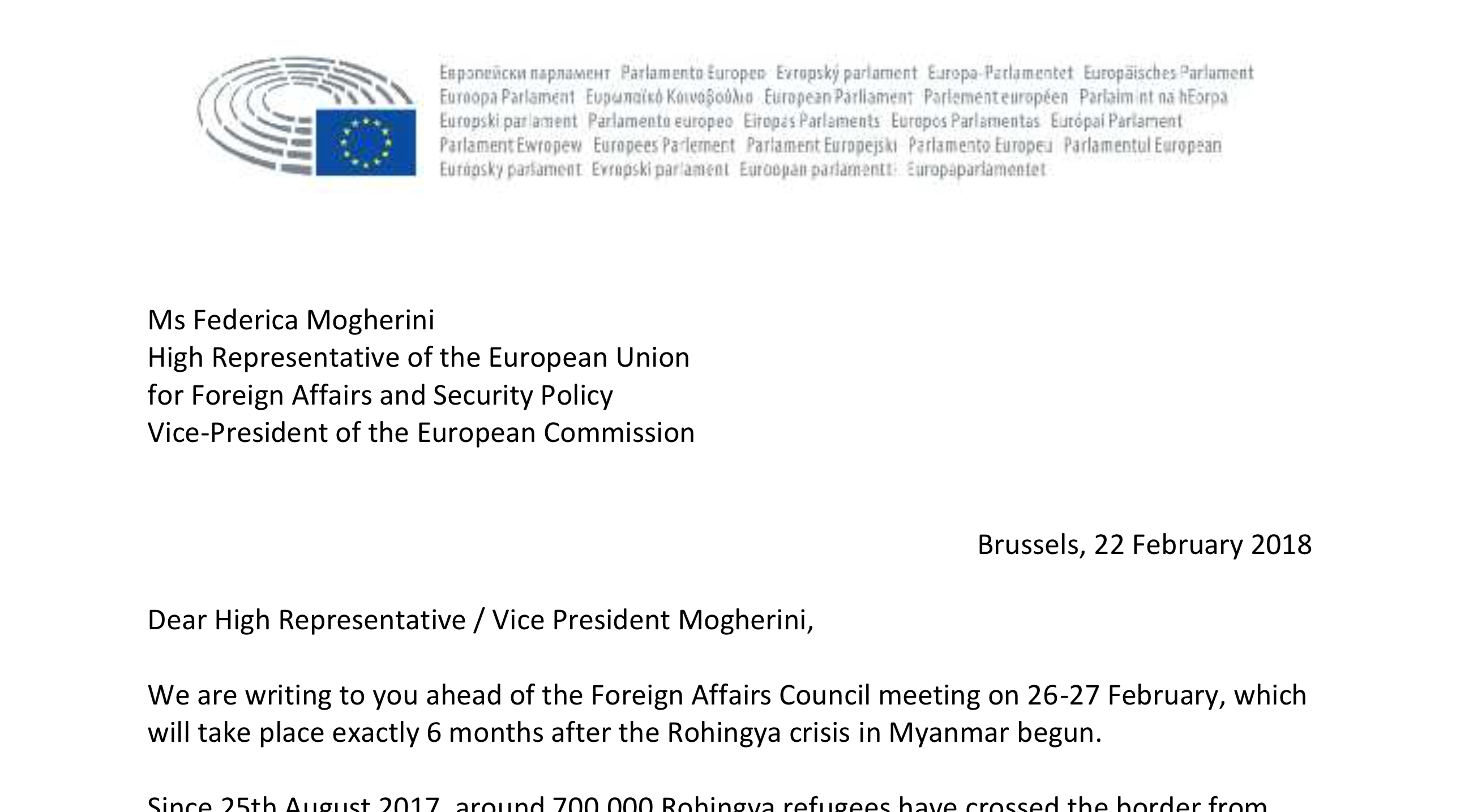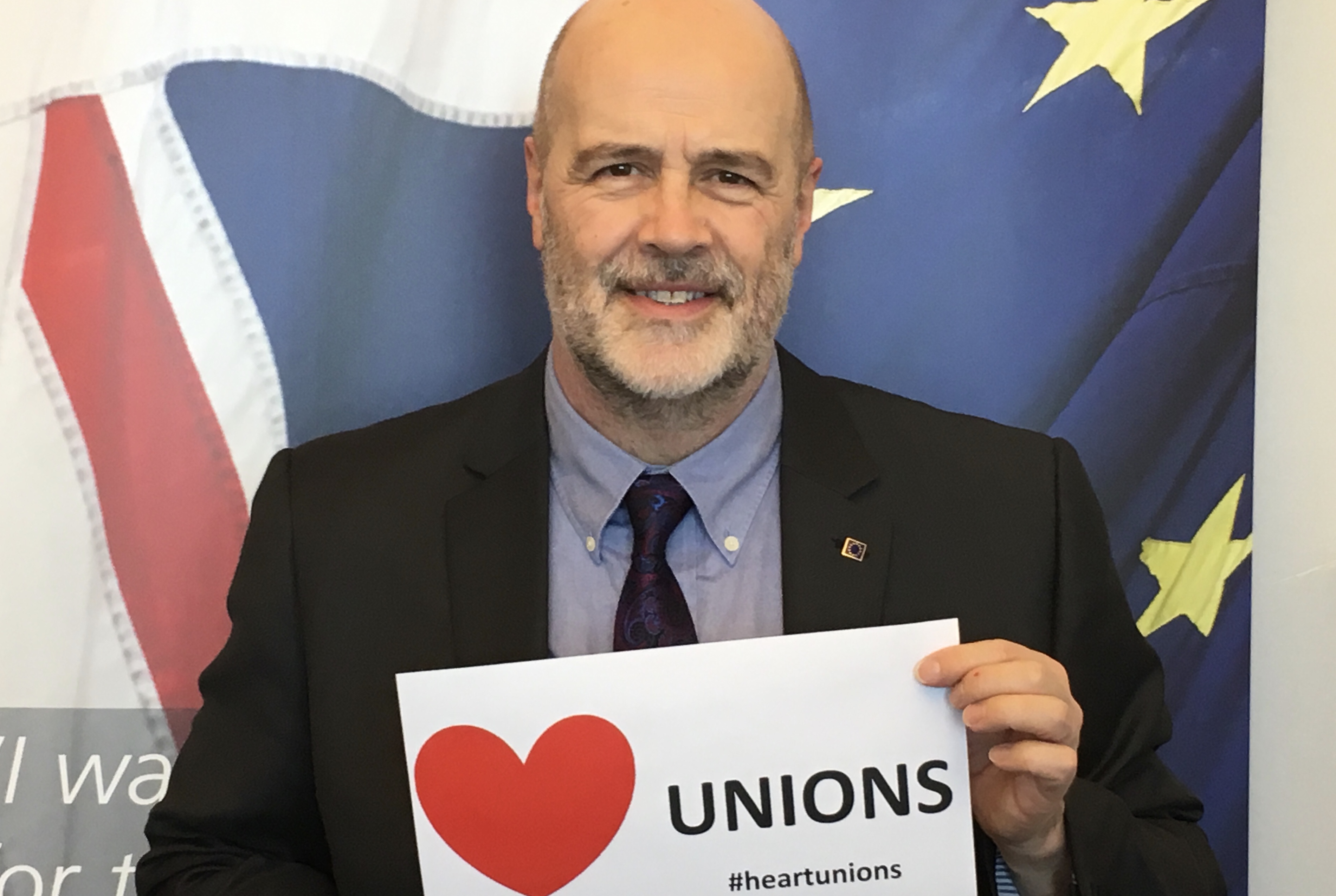Over the years John has written post-election analysis of local and national elections both for Labour Party consumption and as journalistic content. This is his analysis of the outcome of May 3rd’s local elections.
Pictured above: John visited 24 constituencies with wards involved in the local elections in 2018. Pictured above with successful candidates, Ellie Emberson (19) one of Labour's youngest councillors (Minster Ward, Reading) and Lisa Mitchell (Portswood Ward, Southampton) an excellent gain for Labour.
The local elections on 3 May presented a mixed picture for Labour. There is nothing new in that and it is always advisable to remember that local elections are just that - local elections. Party leaders, though often a factor, are not themselves candidates, so it can be dangerous to conclude too much from any set of results. The strength of a local campaign, the prominence of specific local issues that can shift votes at the margin can make a big difference as can the strength of local political brands and the significance of the choices on offer - whether change one way or the other is a realistic option.
The next thing we should not, lest we forget, if we live in times where the political continuum has been disrupted by perception changing events - a third party involvement in Government, the emergence of populism, referenda and changes in the two large Parliamentary parties. This leads us, or should, to question whether the usual rules still apply to local elections. One of those rules tends to be that the first set of local elections that follow a General Election tend to be the ‘most local’ in the sequence - voters focus more on the local decision as national decisions are some years away and the most proximate national decision is the vote recently cast.
What happened in the South East?
In general Labour did a little better in the South East Region than its performance across the country. There were 28 Labour gains and eight losses - a net gain of 20 seats. That is a little better than a performance in line with those at local elections in recent years, but other than in a few outlying results didn’t stretch Labour representation beyond what we’ve come to expect since 2010.
Labour held control in Crawley with narrow victories in key wards, where it was defending a slim majority from a good result in 2014 - a well organised and no doubt very satisfying defence that sets up a platform for continued Labour control. Hastings remained solidly in Labour hands returning an unchanged outcome after a boundary adjustment. A great performance in Slough saw Labour win all but one seat while solid results in Reading and Oxford maintained control comfortably. Labour was less fortunate in Southampton - where three gains and three loses maintained a complicated position and a small overall majority while in Milton Keynes Labour slipped from parity with the Conservatives though the Council remains with no overall control.
UKIP Unwind
UKIP, as predicted lost almost all of the seats they were defending and the overwhelming bulk of its vote. This is highly amusing and very welcome though perhaps a little early to scatter their ashes
The UKIP vote, like any of the ‘not the other two’ votes (LD, SDP, Green) has different motivations in different places. When UKIP first came to notice it took its vote from the Conservative Party and made most progress in Conservative areas – most typically rural/semi-rural parts of deep blue seats. That changed almost immediately David Cameron announces his cunning plan for a referendum which happened to coincide with the biting of public service cuts and falling living standards. UKIP then began to cut more substantially into the Labour vote. Strange though it may seem UKIP even gained support from the LibDems where it inherited the franchise for ‘beating the other lot’ from either Labour or Conservative and, similarly, benefitted from negative tactical votes in some areas.
Not surprisingly then, the unwind of the UKIP vote helps different parties in different places and the unwind in the South substantially helps the Tories. We shouldn’t forget that initially the drift to UKIP helped Labour win seats by shaving the Tory vote. When the UKIP vote unwinds its no surprise that the opposite happens. The mistake was not to understand the power and appeal of nationalism in times of crisis.
The last and the next general election
Early results can deceive on local election nights. Some of the most disappointing Labour performances nationwide were early in the evening, which balanced out as the night went on. However, there are still clear and continuing trends which present as fragments of the General Election result last June.
In Milton Keynes, Reading West, Southampton Itchen, Crawley and to a lesser degree Hastings Labour found it more difficult to produce convincing results that suggest these constituencies will with one more heave deliver five bottoms to the green benches.
Meanwhile in the contrasting demographics of Southampton Test, Oxford, Reading East, Slough and Portsmouth South as well as ‘greater Brighton’ Labour moved onwards and upwards.
Currently Labour undoubtedly has appeal to particular segments of the electorate. The challenge remains as ever that, on their own, those segments are insufficient to deliver a Labour Government with a working majority. The challenge for Labour remains to build a coalition of political support that can deliver an electoral and social majority.
Politics and Organisation
Some of the gains may have lessons. Victories that are expected – established marginals that are worked year after year are often victories of organisation as much as politics, especially in low turnout elections.
Such organisation undoubtedly helped successfully to defend many of Labours most vulnerable seats. Labour gains beyond the expected are rarely about organisation. They frequently rely on a strong political message that chimes locally and is built upon genuine community involvement, building around local issues and presenting consistent messages through multiple channels. In other words by doing politics and spotting opportunities to progress.
Developing the Labour Party as a genuine community-rooted political organisation that can engage locally rather than hand out canvass scripts and regurgitate national messages has never been a priority whoever has been running the show. The challenge of re-engagement with essential sections of the electorate is to do exactly that. Developing genuine local strategies, responding to genuine local concern and becoming advocates for place and part of what local political parties should be about - it is also the way to win locally when times are tough.

